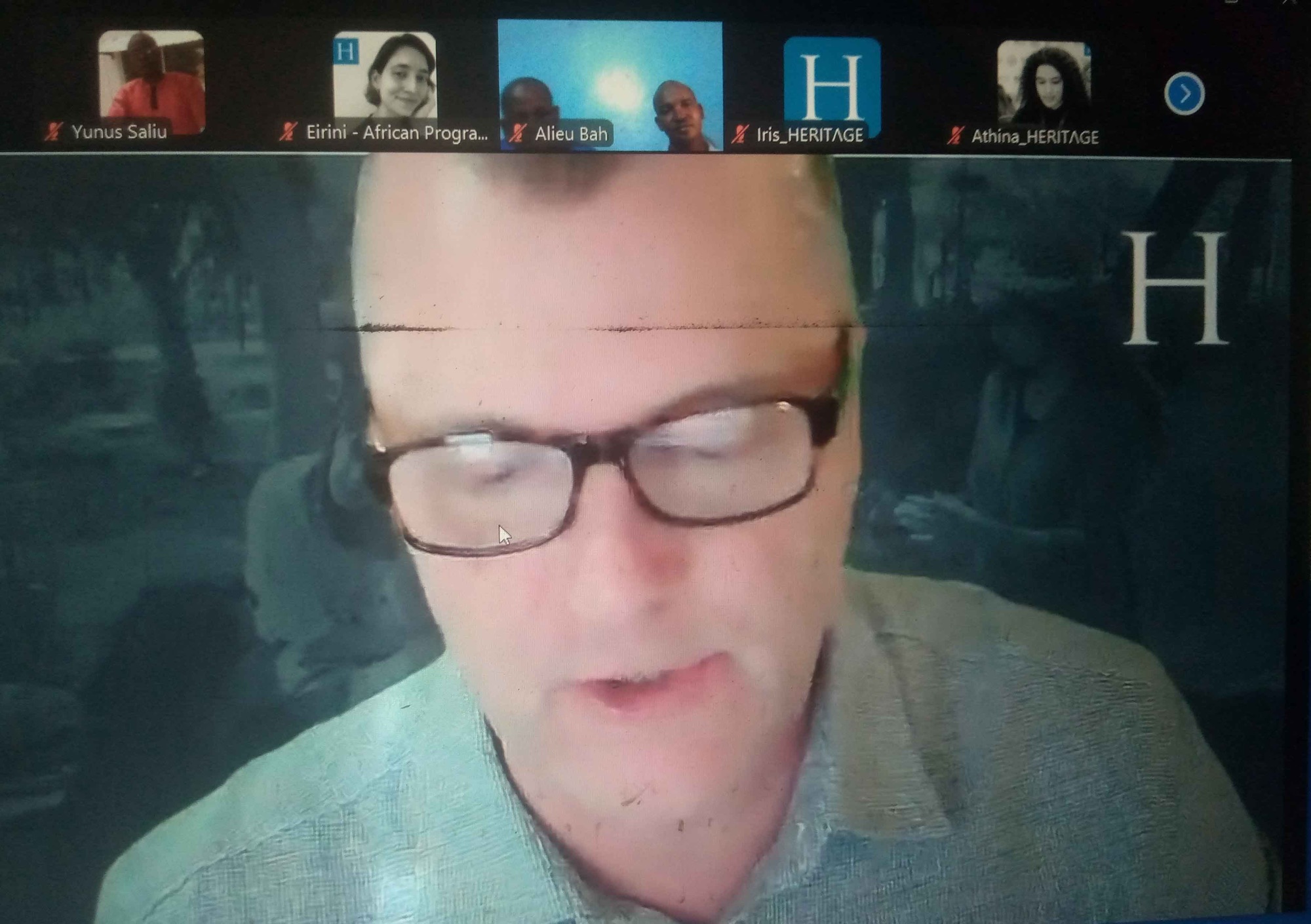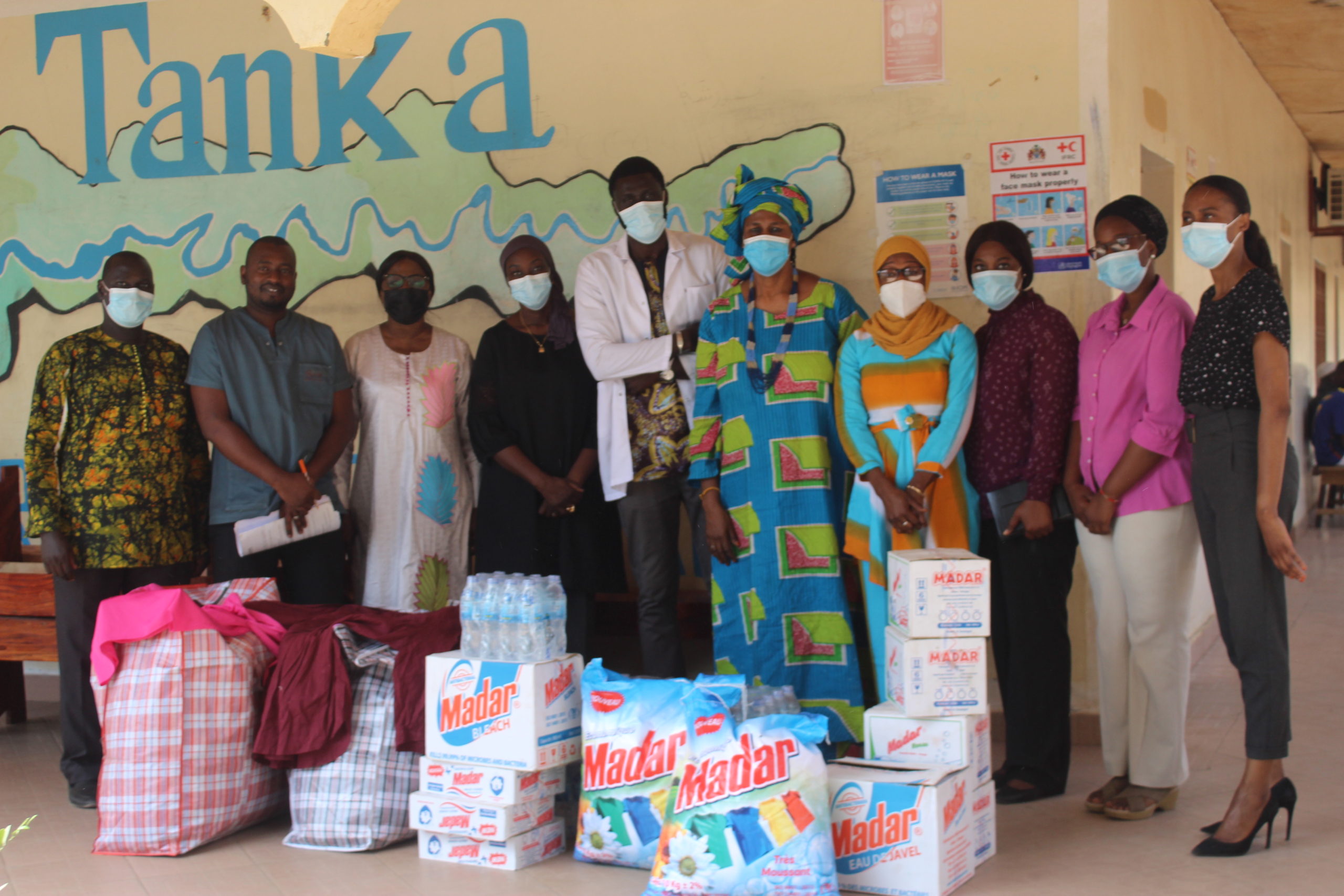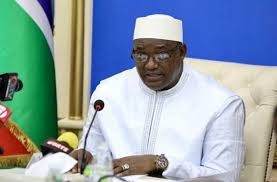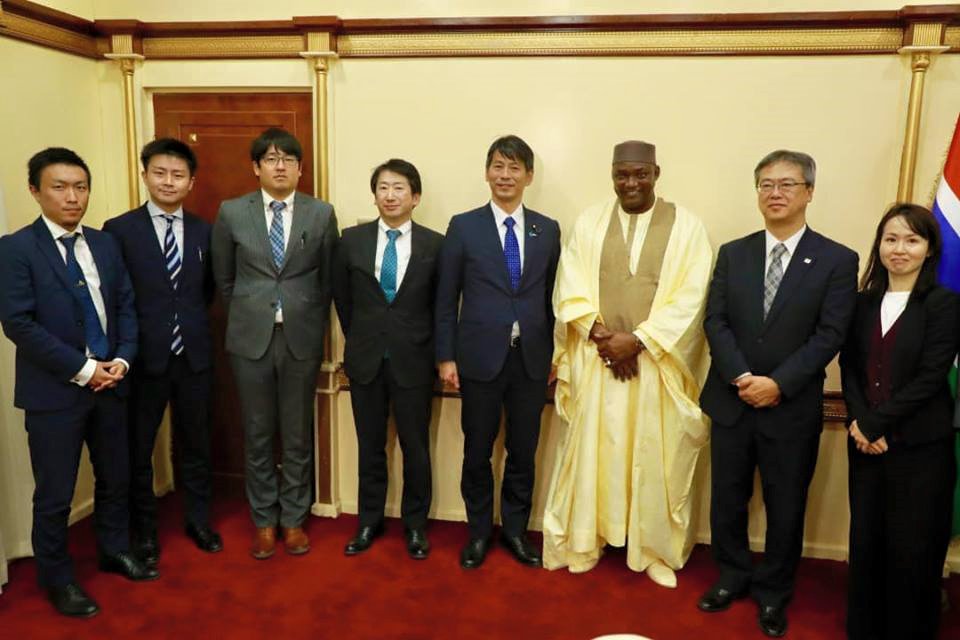By Yunus S Saliu
Championing the course of training and enabling key heritage managers to independently transform heritage assets into dynamic sources of learning, community identity, and economic development, the Heritages Management Organization – Greece under African Programs on Monday commence a weeklong online training course on Executive Leadership Development in Heritage Management workshop with focus on community tourism planning and development for members of Heritages Community HerMaP Gambia from 11th to 15th November 2024.
The training workshop was co-funded by the European Union.
This ongoing weeklong course for members of Heritages Community HerMaP Gambia brought together scores of tourism, culture, event/festival organizers, and others together offer a comprehensive exploration of the principles, practices, and strategies necessary to successfully develop and manage tourism initiatives that benefit local communities.
Among the topics under different sessions to cover during this period of this interactive course include understanding legal and ethical considerations, developing homestays and alternative accommodations, ensuring food and hygiene standards, fostering respectful staff and tourist interactions, and minimizing environmental impact, key stakeholders in local partnerships, types of sustainable tourism, setting goals and objectives for community tourism projects.

Additionally, participants are going to be exposed to how to support small businesses, promote inclusive tourism, and manage income generation and community economics, with a strong focus on keeping income within the community.
However, the training culminates with case studies, group exercises, and assignments to support the learning process.
Tim Healing, the instructor in his presentation on setting goals and objectives for the community tourism project discussed some key points to do which include community assessment, resource inventory, SWOT analysis with the community, setting clear and achievable goals that should be aligned with community needs and aspirations, engaging stakeholders.
He noted that in setting goals for a rural community tourism project in Africa there is a need to include processes such as vision statement, economic goals, cultural goals, environmental goals, and social goals, while noted that by following this structured approach, the community can develop clear, achievable objectives aligned with their needs and aspirations, ensuring the success and sustainability of their community tourism projects.





